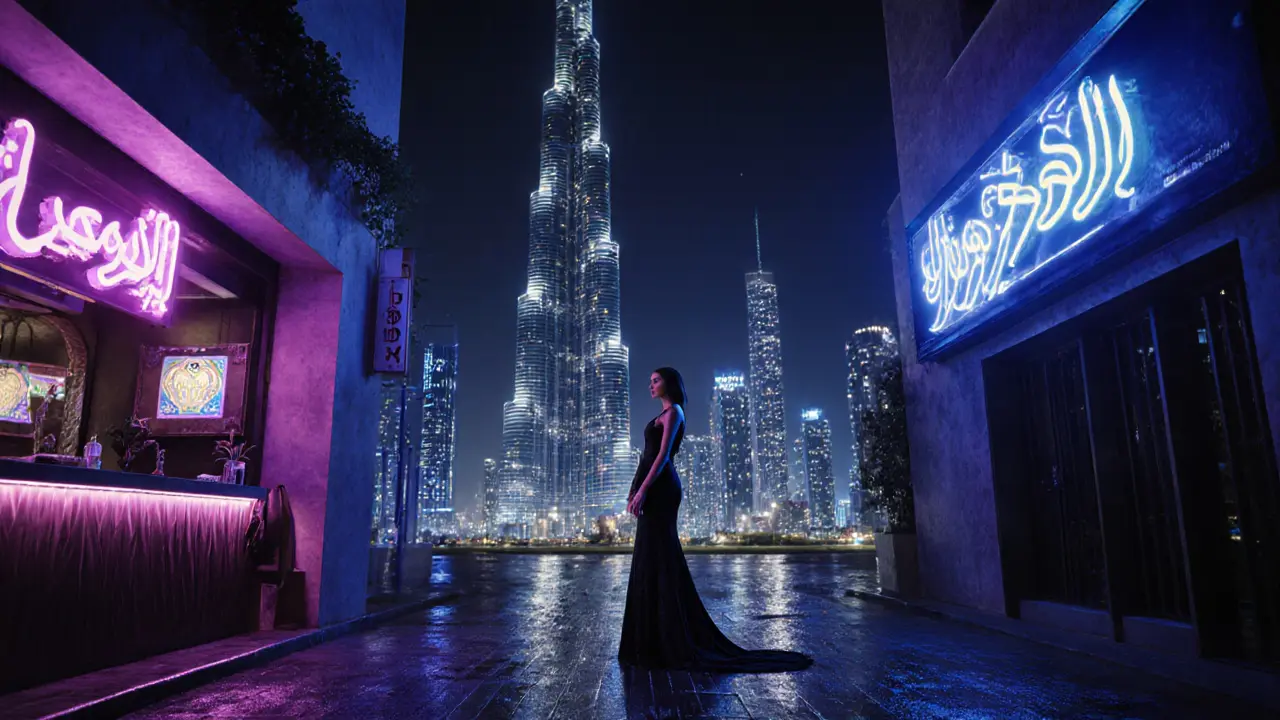UAE Censorship Explained
When navigating life in the United Arab Emirates, it helps to know what UAE censorship is: a network of laws, regulatory bodies, and cultural guidelines that decide which books, movies, websites, and social posts can reach the public. Also called UAE content regulation, it influences everything from billboard ads to online memes, shaping the country’s public discourse.
Why Understanding UAE Censorship Matters
One of the first related concepts you’ll encounter is media regulation, the broader framework that includes TV licensing, newspaper permits, and the rules that broadcasters must follow. This framework requires content providers to obtain clearance from the Media Regulatory Office before airing anything that could be deemed offensive or politically sensitive. Another key player is internet filtering, a technical system that blocks access to sites flagged for extremist, pornographic, or anti‑government material. Together, media regulation and internet filtering create a layered safety net that keeps the public sphere aligned with national values. At the same time, film and television rating systems assign age‑appropriate labels, ensuring that movies and series shown in cinemas or on streaming platforms meet cultural standards. Finally, social media restrictions govern what influencers and everyday users can post, with penalties for sharing content that challenges local customs or laws.
All these entities are linked: UAE censorship encompasses media regulation, internet filtering, film rating, and social media rules. It requires content creators to obtain approvals, relies on technology to block prohibited sites, and enforces age‑based classifications. In practice, this means that a nightclub flyer, an online escort ad, or a strip‑club video must all be checked for compliance before they go public.
For expats, tourists, and even local entrepreneurs, knowing how these rules work can save time and avoid costly penalties. If you’re planning a night out, the list of approved venues—like licensed clubs, upscale hotels, and registered strip clubs—reflects the outcomes of the censorship process. When you browse for a call‑girl service or a wellness spa, the platforms you see are those that have passed the vetting procedures set by the Media Regulatory Office and the Telecommunications Regulatory Authority.
Understanding these connections also helps you navigate the digital side of Dubai’s vibrant scene. Websites that promote luxury bachelor parties, VIP yacht charters, or exclusive DJ nights are typically hosted on servers that comply with the UAE’s internet filtering policies. Content that mentions “UAE censorship” in a neutral or educational tone is generally allowed, while anything that calls for policy change can trigger a review.
Below you’ll find a curated collection of articles that dive deeper into how UAE censorship touches everything from nightlife and entertainment to online commerce and personal relationships. Whether you’re looking for practical tips on booking a safe, discreet service or simply want to grasp the cultural backdrop shaping Dubai’s adult‑entertainment market, the posts ahead give you the context you need to move forward with confidence.
